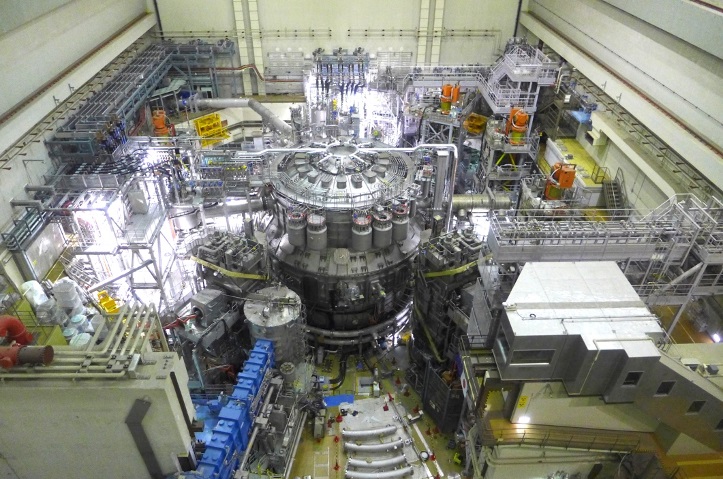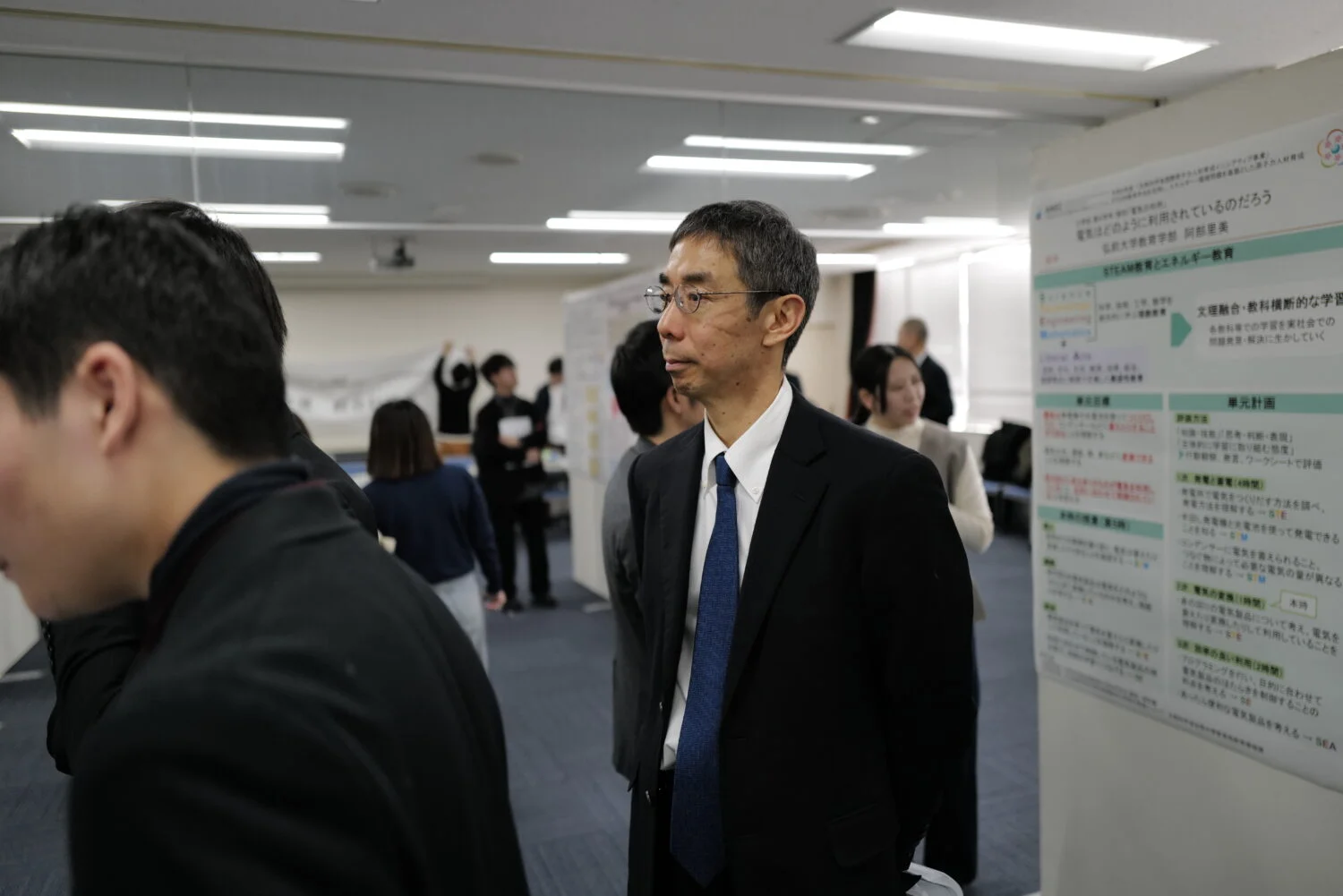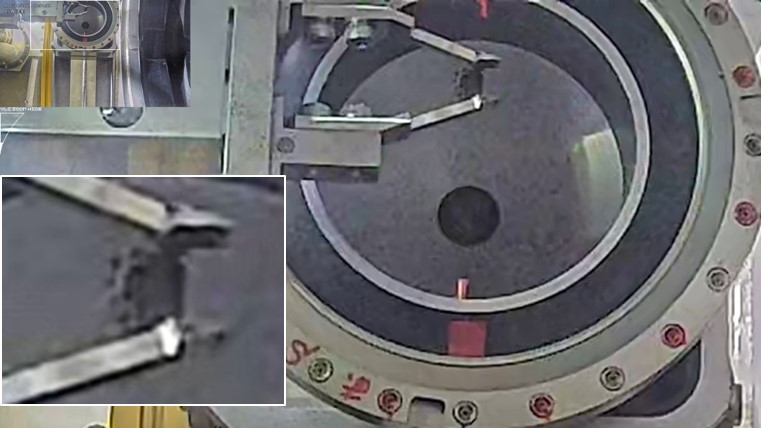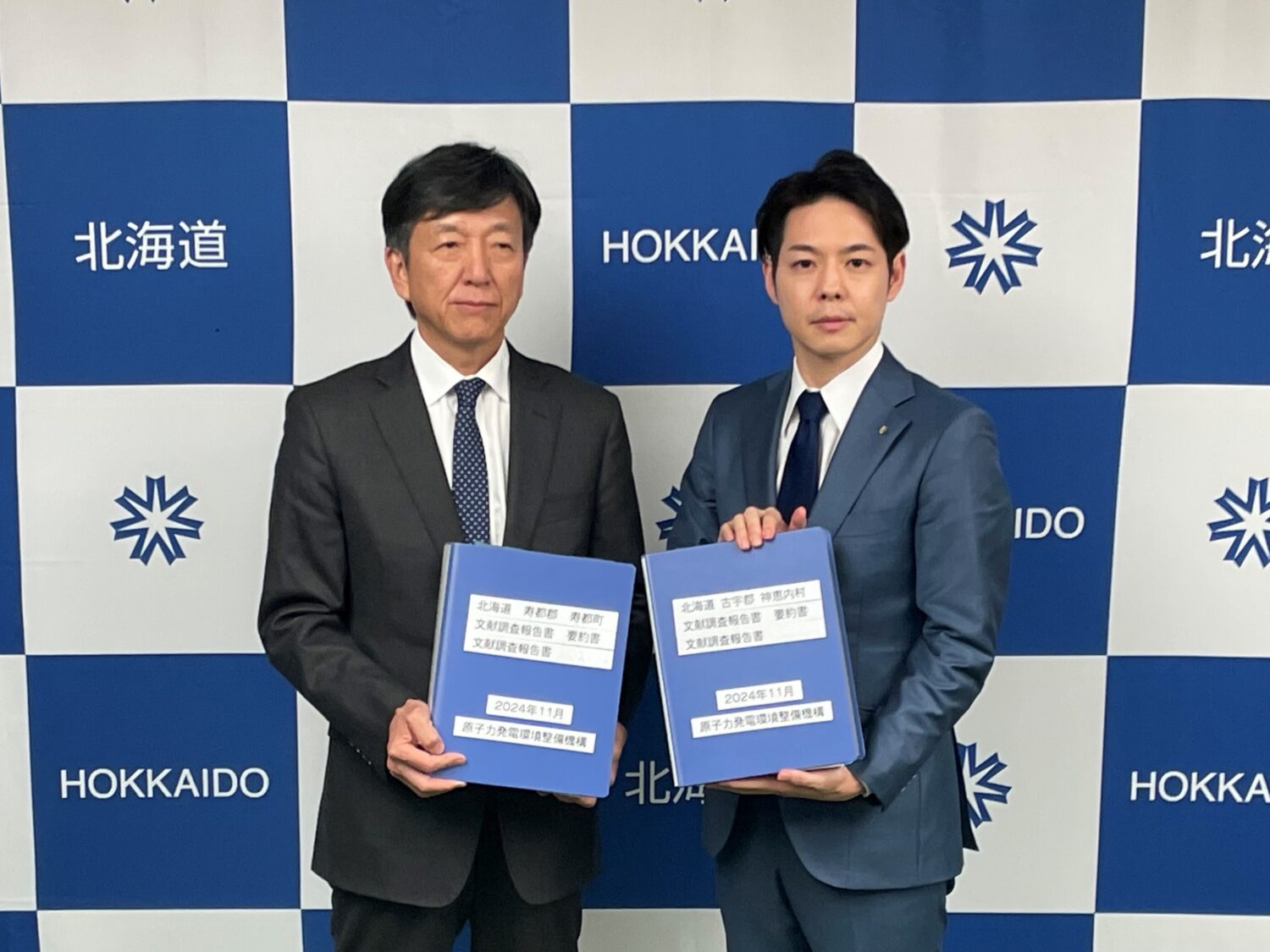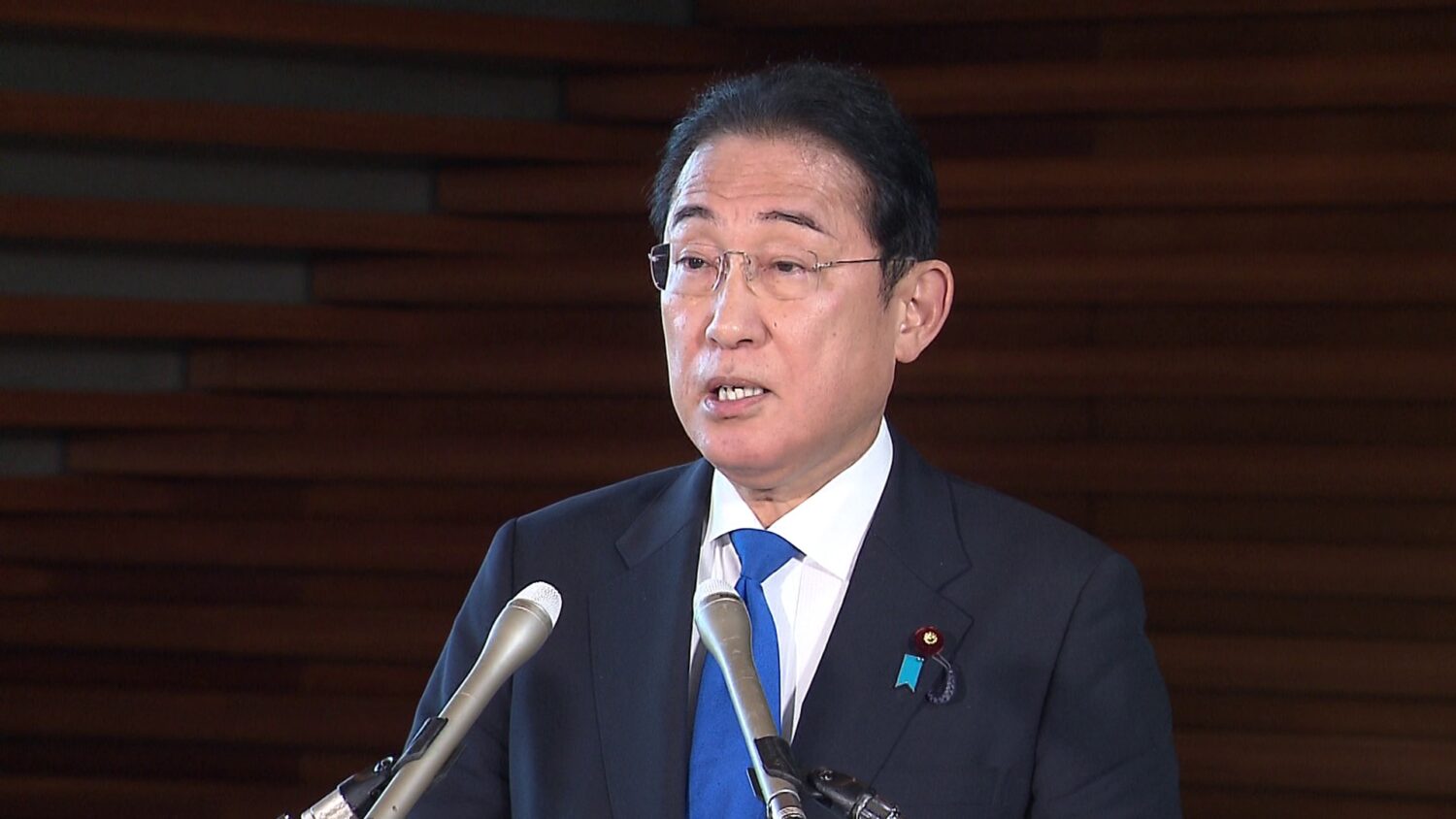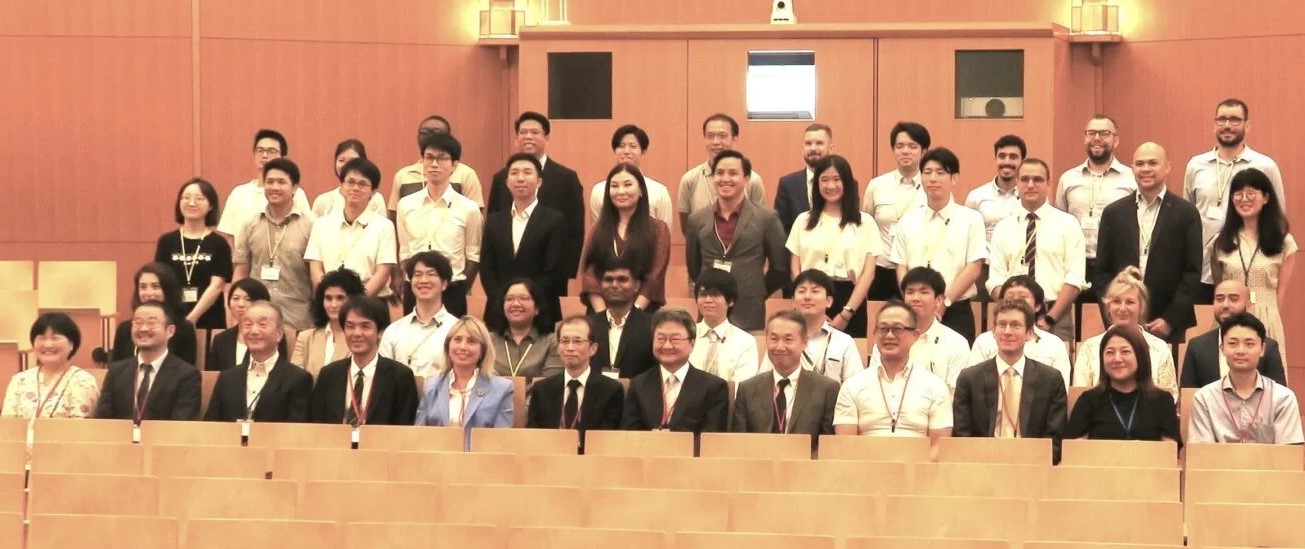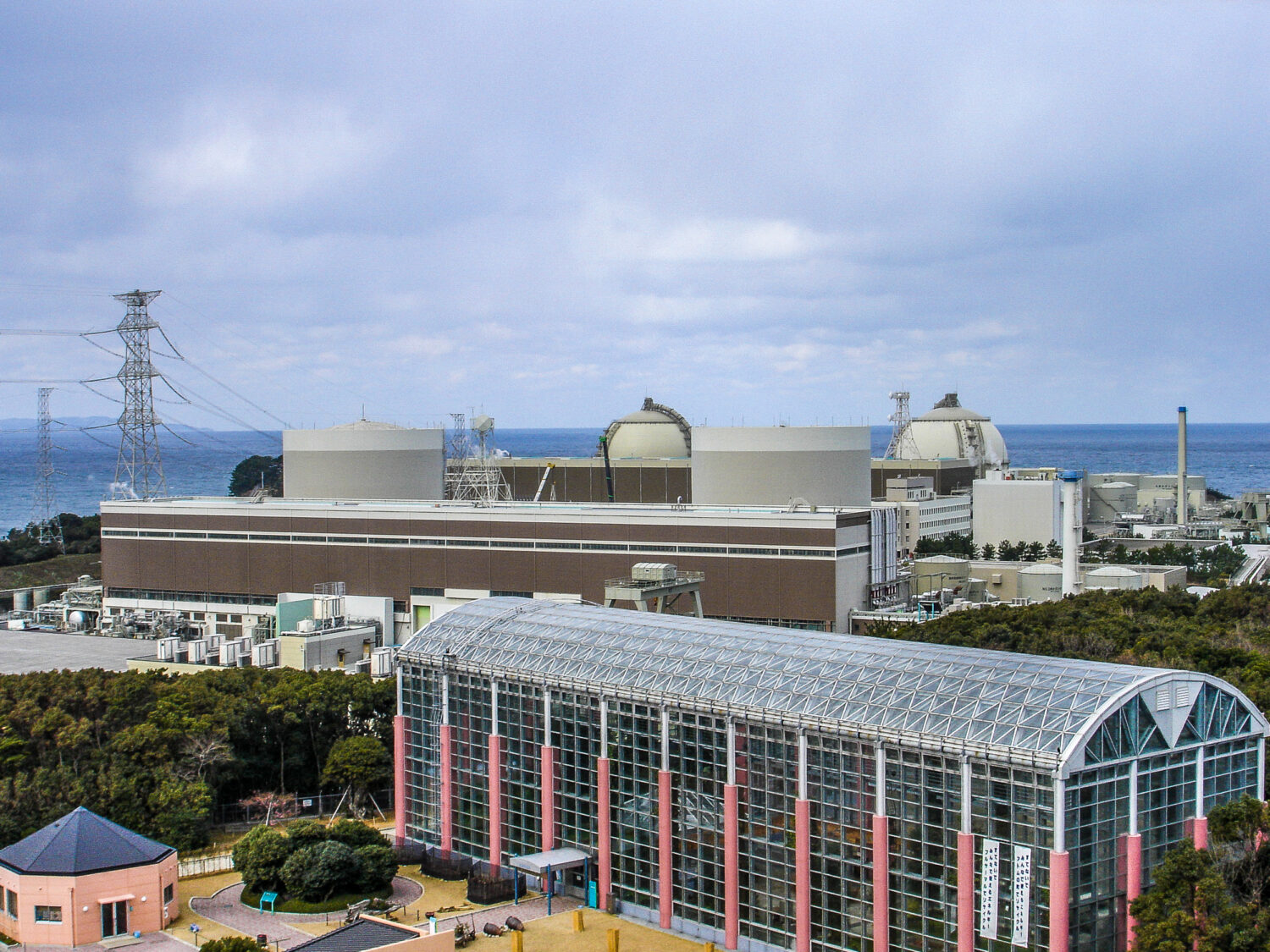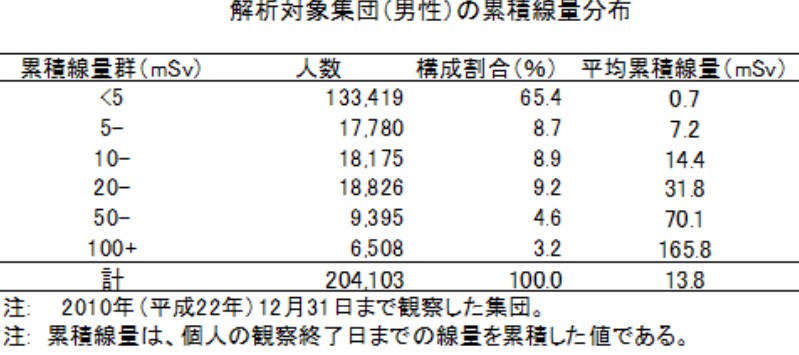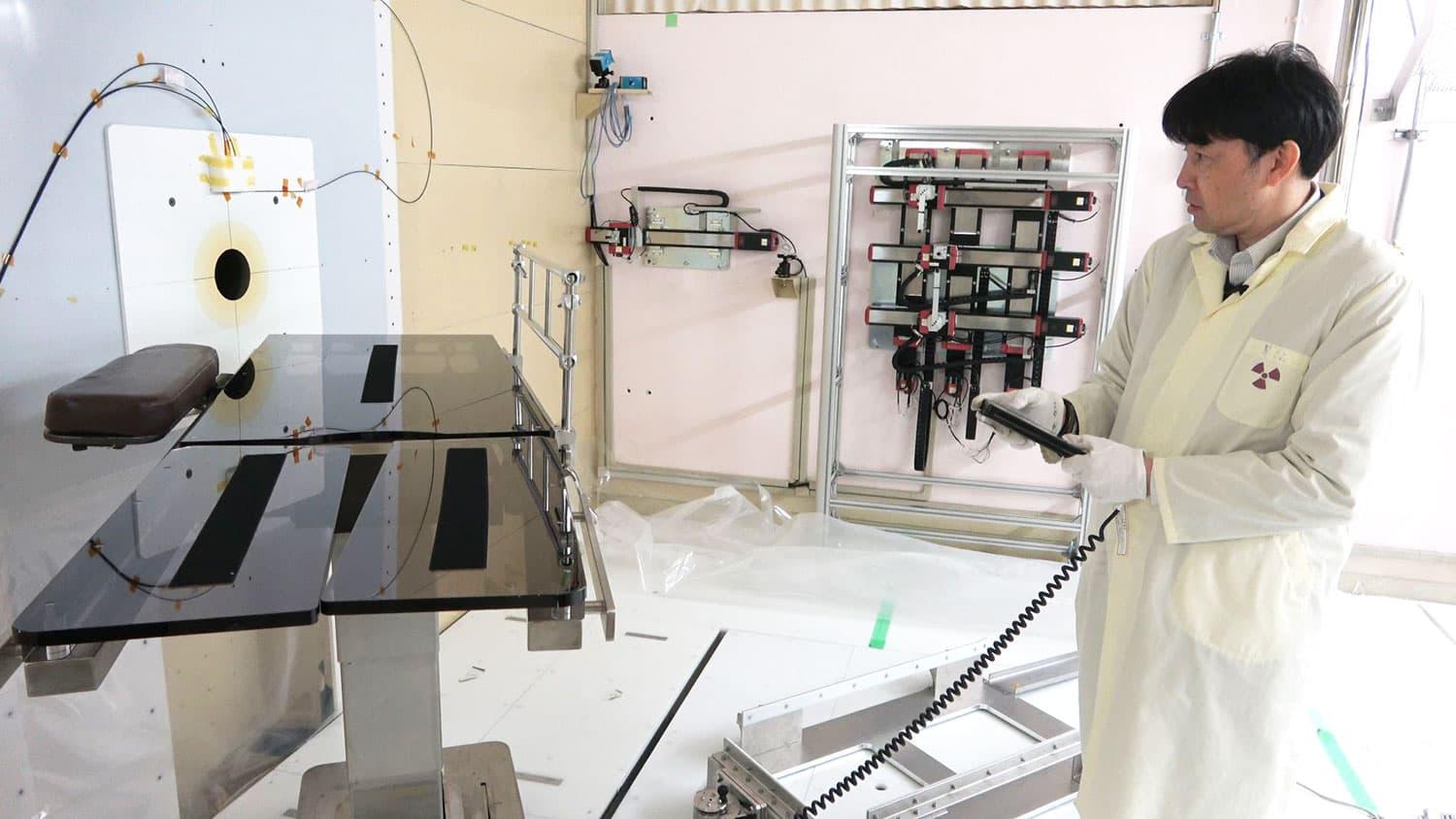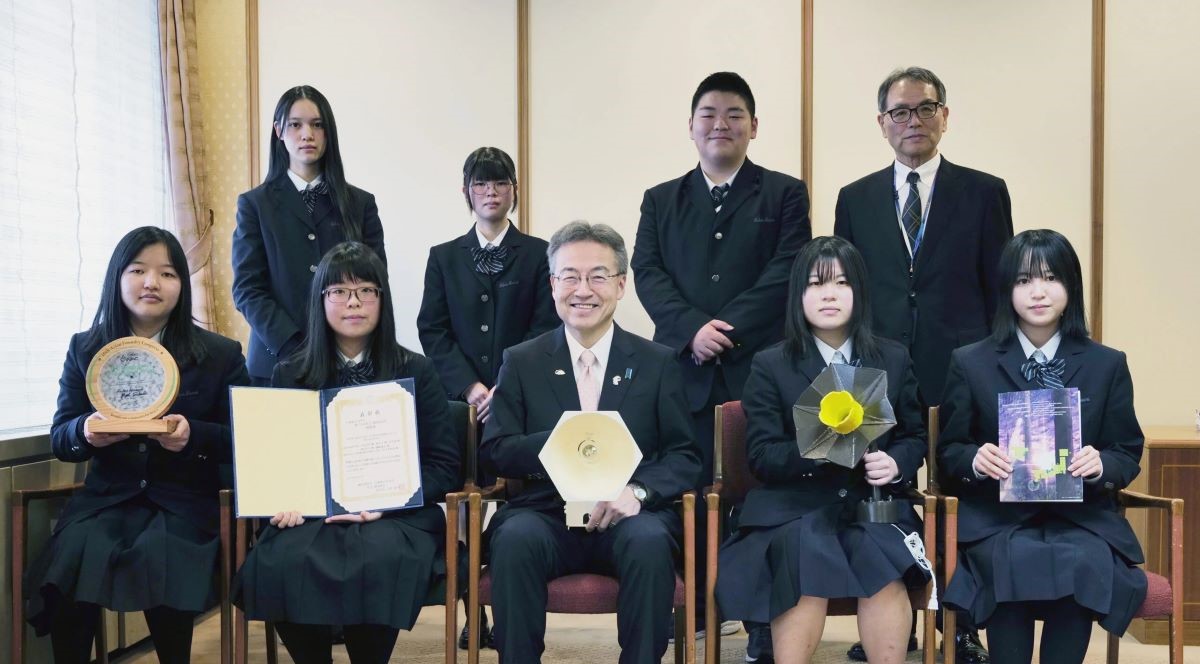Literature surveys are the first stages in selection of preliminary investigation sites. Since November 2020, they have been conducted at two locations: Suttsu Town and Kamoenai Village, both in Hokkaido, the applications for which had been filed by those municipalities.
At the April 17 meeting, a representative of the Agency for Natural Resources and Energy (ANRE) explained Japan’s energy policy, and representatives of the Nuclear Waste Management Organization of Japan (NUMO)―the responsible body for geological disposal―explained such issues as the safety of geological disposal and the contents of a literature survey.
That was followed by a Q&A session, with committee members answering questions about the current state of energy policy and issues, progress in the literature surveys at Suttsu Town and Kamoenai Village and dialogues with residents there, and the issue of damage caused by unfounded fears and rumors.
Regarding the damage caused by unfounded fears and rumors, the NUMO representative said that no such problems had occurred thus far in the town or village where the surveys were being undertaken, and added that NUMO would carefully conduct its activities to promote understanding so as not to induce any problems.
The Disaster Measures Committee was set to meet again on April 26. The committee then deliberated further, having heard about the objectives of the petitions from the council member who introduced them.
The petitions being local, and having been submitted to the local town council, the NUMO president released the following comment on April 15: “I would like to sincerely thank the people of the region for their interest in geological disposal. NUMO will engage in dialogue across the country to help people in Genkai Town, and everywhere in Japan, more fully understand such things as the system of geological disposal and Japan’s geological environment.”
NUMO has been conducting activities to build understanding in an open, transparent manner, including dialogue forums in Suttsu Town, Kamoenai Village, and elsewhere.
At those forums, it explains not only the content of the project—including geological disposal technology and safety, and the status and preliminary results of the literature surveys—but also broad aspects of the business, such as the possible effects of the disposal business on regional industries, as well as the risks, together with a vision for the region’s economic development.
After literature surveys began in Suttsu Town and Kamoenai Village, the Ministry of Economy, Trade and Industry (METI) put forward its Evaluation Guidelines for Literature Survey in November 2023.
In accordance with a policy that discussions be carried out carefully and with transparency, METI established a geological disposal technical working group, which started consideration in February of the draft reports on the literature surveys conducted for the two municipalities.


